Mizzou has a rich history of disability leadership! Learn more below!
Download and share our poster (pdf)
1923
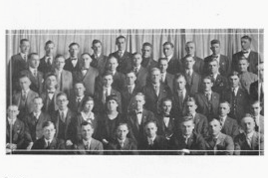
The Disabled American Veterans of World War I, one of the first student organizations for students with disabilities in the U.S., is founded at Mizzou.
Early 1960s

Decades before federal law required making facilities accessible, Mizzou becomes one of the first campuses in the nation to add accessibility features. As one of only three accessible universities in the Midwest at the time, Mizzou was the designated education center for students from Missouri, Kansas, Nebraska, Iowa, Minnesota and North and South Dakota.
1974
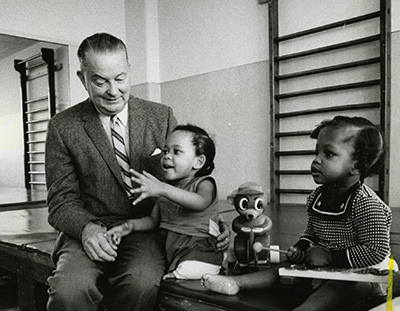
Mizzou dedicates the Rush Rehabilitation Center as a tribute to Dr. Howard A. Rusk, who is a Mizzou alumnus, Nobel Peace Prize nominee, and the father of rehabilitative medicine. Today, the Rusk Rehabilitation Center continues Dr. Rusk’s work, providing the highest quality of care for patients experiencing spinal cord injuries, brain injuries, strokes and amputations.
1976

Mizzou establishes its first office to provide accommodations for students with disabilities. The office, now the Disability Center, supports over 1,300 students with disabilities each year. They facilitate access and equal opportunity and promote disability inclusion; student self-determination; and principles of universal design in teaching, programs, services and physical facilities.
1986
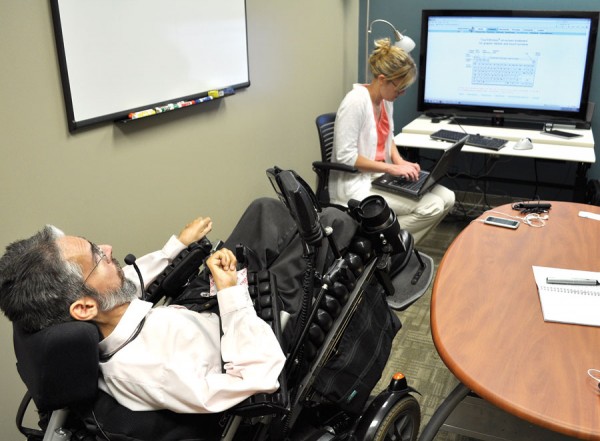
Darren Gabbert and Darola Hockley establish the Adaptive Computing Technology (ACT) Center, one of the first adaptive technology centers in the country, to ensure access to adaptive technology for people with disabilities at Mizzou.
Early 1990s
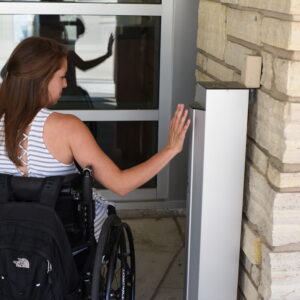
Mizzou funds several million dollars’ worth of accessibility upgrades on campus following the passage of the Americans with Disabilities Act (ADA).
1991

The Great Plains ADA Center is established at Mizzou. The center is now housed within the Department of Architectural Studies and continues to provide education and technical assistance on the ADA and related laws, including hosting and planning the annual National ADA Symposium.
1993
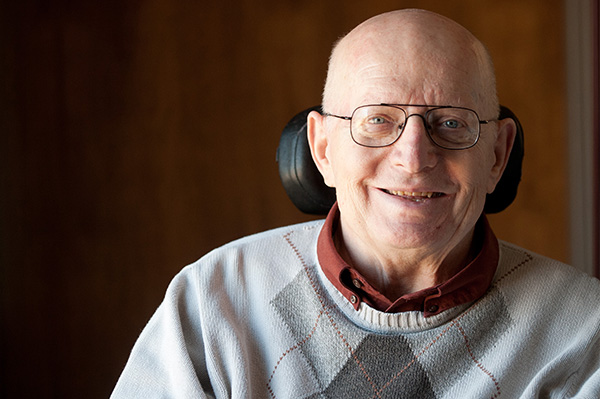
Mizzou hires Lee Henson, its first ADA Coordinator. Henson served the university as ADA Coordinator for 20 years, and the Access Mizzou Awards are awarded each year in his memory. The Office of Accessibility and ADA continues his work by providing accommodations for faculty and staff, educating the campus on disability and the ADA, and working to improve campus accessibility.
2005
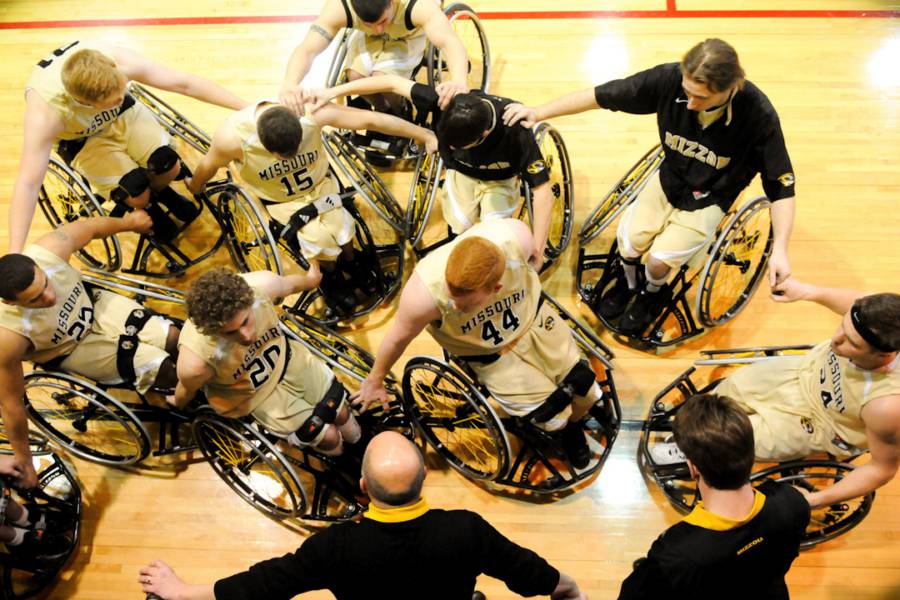
Mizzou Wheelchair Basketball plays its first season as a member of the National Wheelchair Basketball Association. Funding for the program was secured by former Missouri senator Chuck Graham, who had been a collegiate wheelchair basketball athlete. The team, led by U.S. Paralympic coach Ron Lykins, consistently ranks among the top teams nationally.
The Thompson Center for Autism & Neurodevelopmental Disorders is established at Mizzou. This center is a national leader in research, clinical service delivery, education, and public policy.
2010
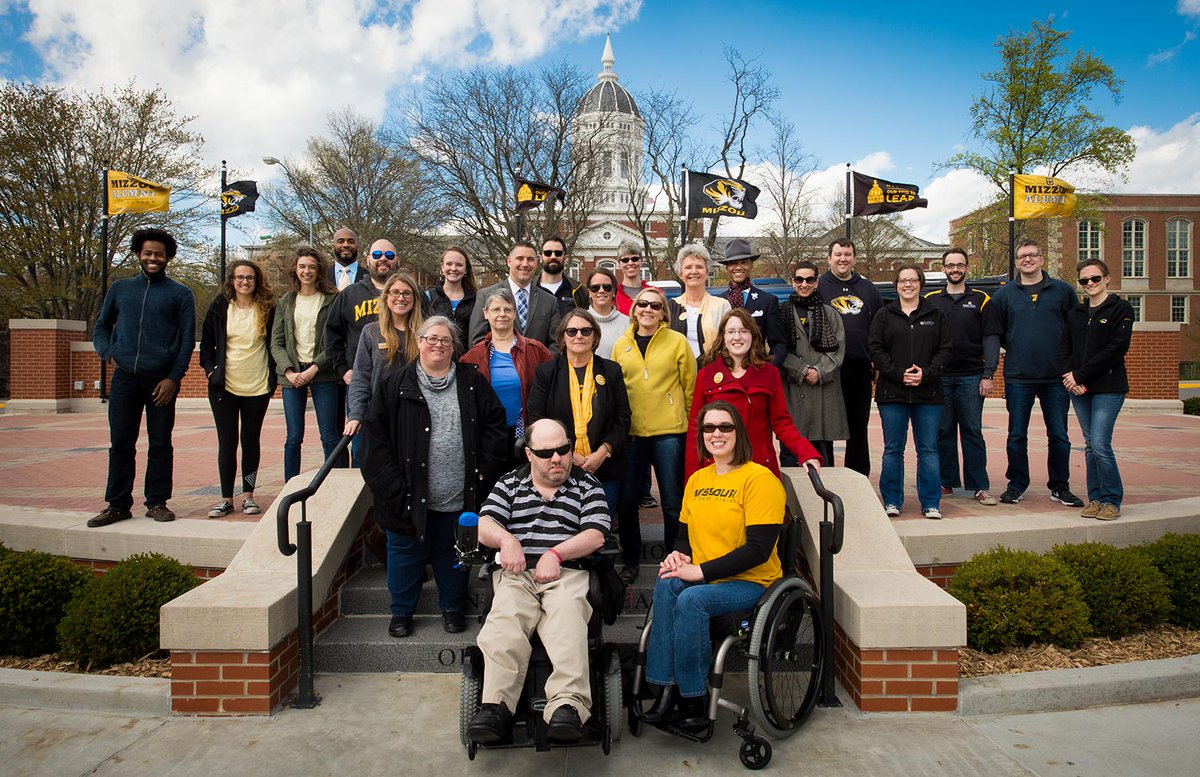
Mizzou holds its inaugural Celebrate Ability Week to promote disability awareness and culture and to highlight the valuable contributions of people with disabilities at Mizzou. This celebration has transformed into Disability Culture Month, an event held every September.
Present
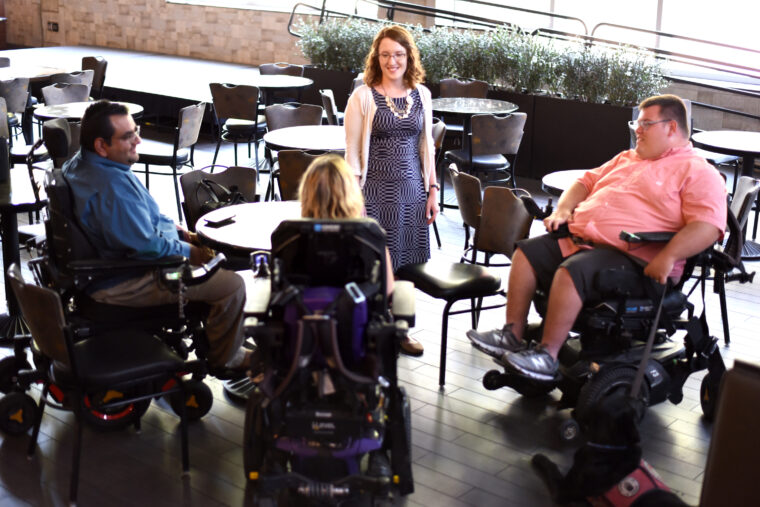
Mizzou continues as a leader in disability inclusion and research, and it is a mecca for people with disabilities in Missouri and across the country.